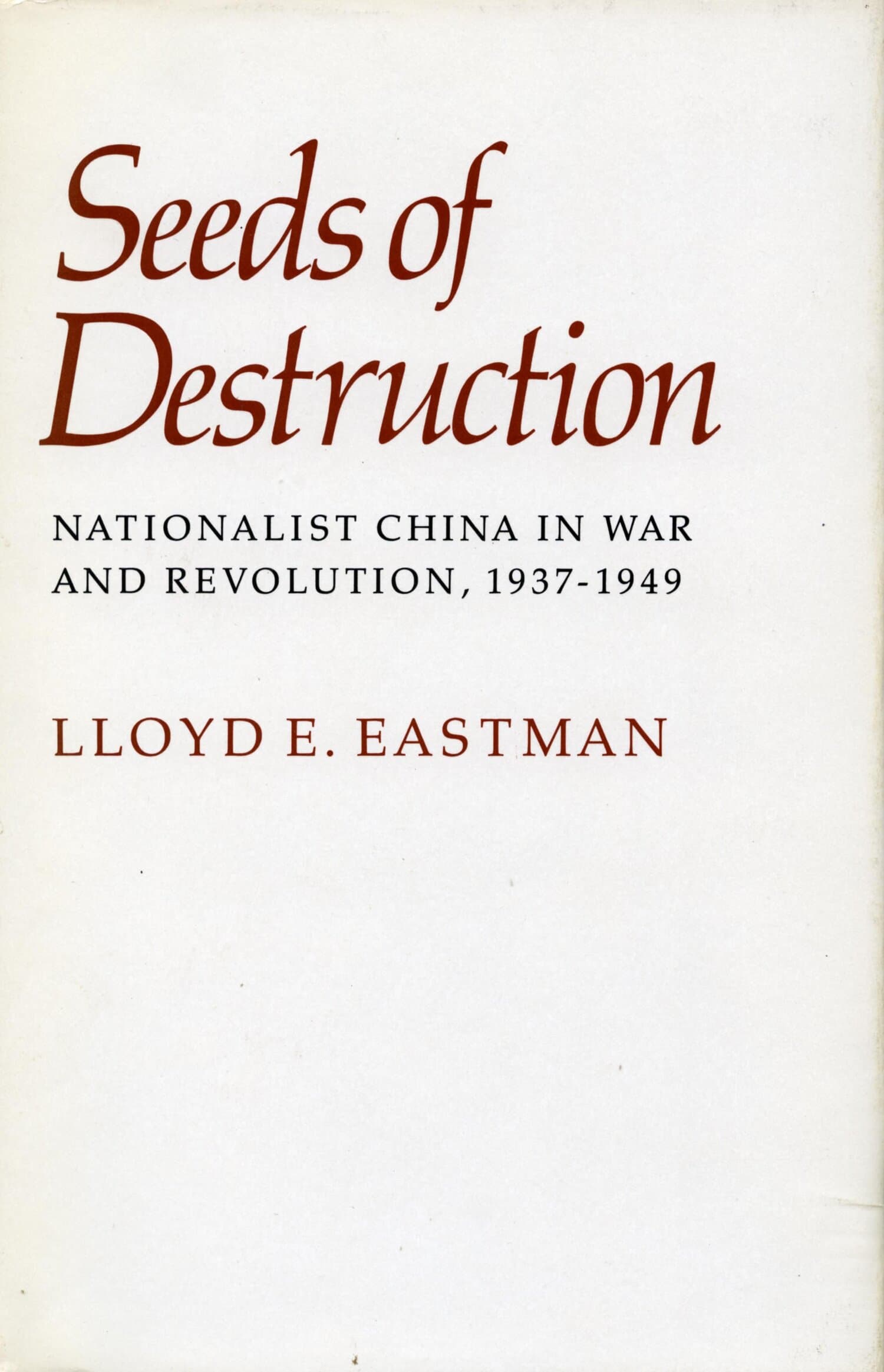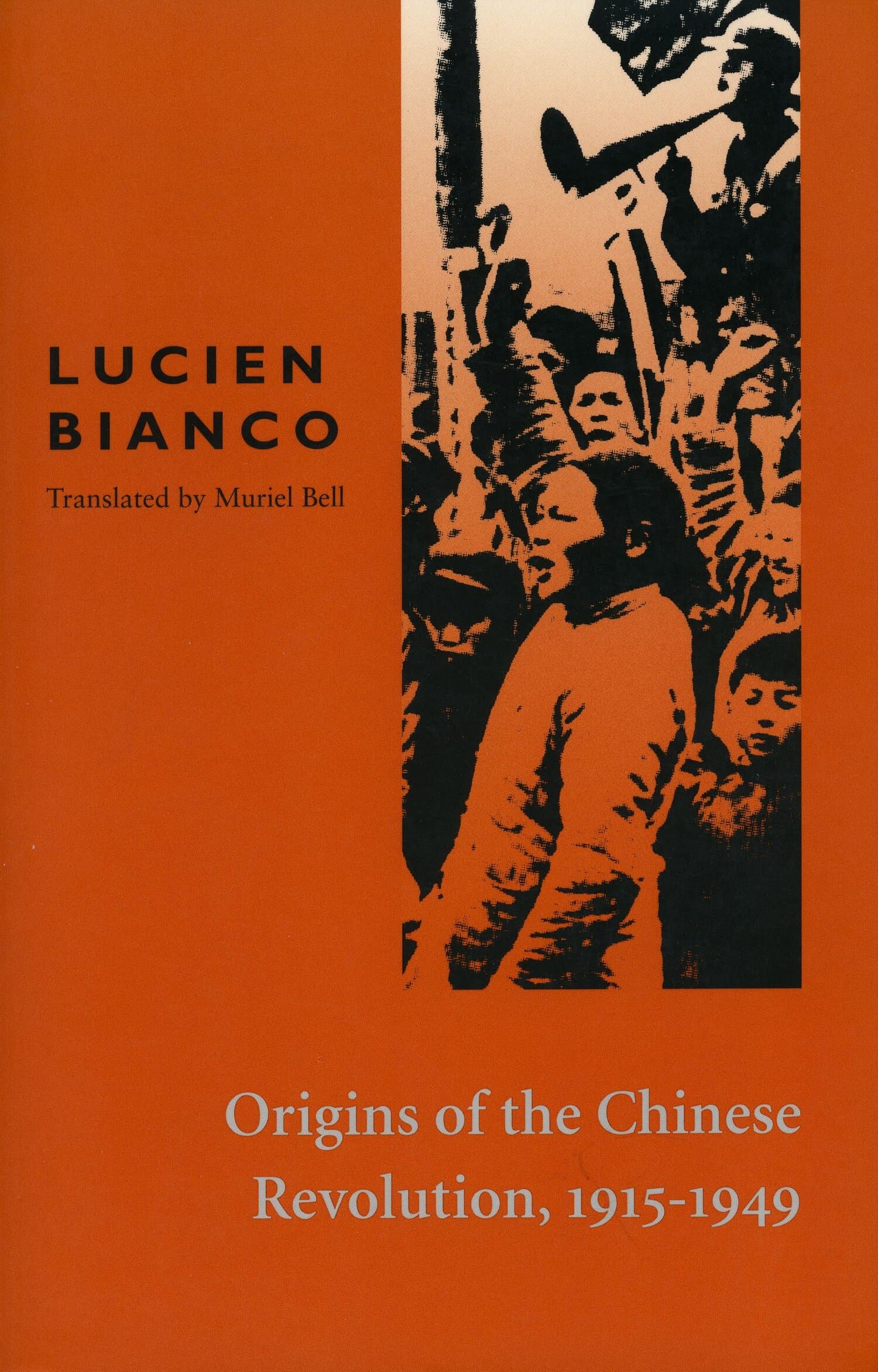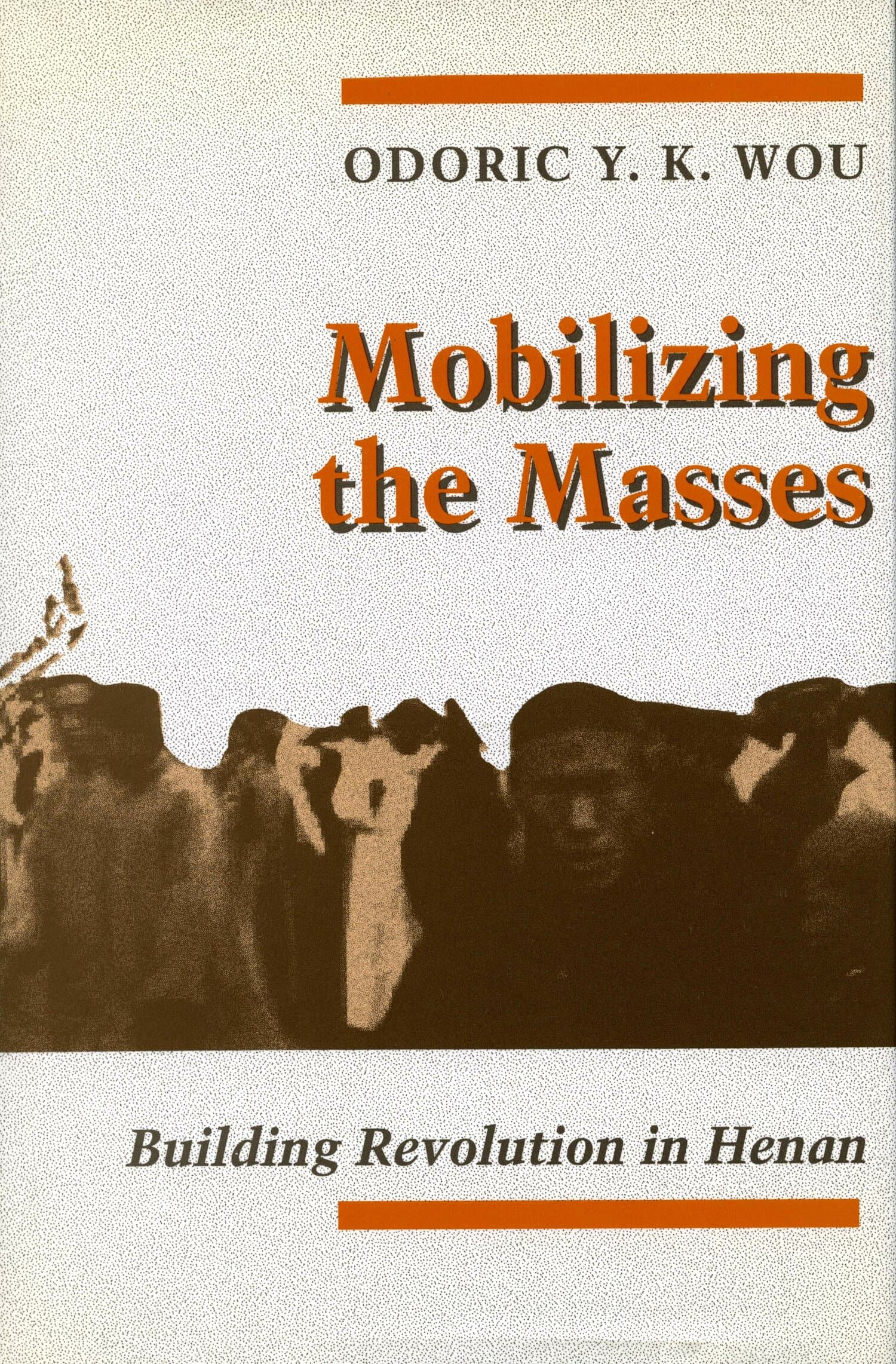Seeds of Destruction

The question "Who lost China?" has provoked political vituperation and academic controversy ever since the Chinese Communists drove the Nationalist regime of Chiang Kai-shek off the mainland in 1949. In this study based on a wide array of hitherto unused documentary sources, the author delves deeply into the inner workings of the Nationalist regime and concludes that the Nationalists collapsed largely as a result of their own failings. Most strikingly, he uses the records and memoirs of the Nationalists themselves to document the weaknesses of the Nationalist rule. For even Chiang Kai-shek said of the Kuomintang on the eve of its final defeat in 1949, "This kind of party should long ago have been destroyed and swept away!"
To illuminate the factors that contributed to its ultimate defeat, the author examines the Nationalist government during the period 1937-1949 from several different perspectives. He carefully scrutinizes the relationship between the central and provincial governments, the plight of the tax-burdened peasantry in the Nationalist-held areas, the intraparty politics of the regime as expressed in the Youth Corps and the reformist Ko-hsin Movement, the deficiencies of the army during the wars against Japan and the Communists, the failure of the Gold Yüan currency reform of late 1948, and finally, Chiang Kai-shek's own assessment of his army and the civilian branches of his regime during the final phases of the war.




